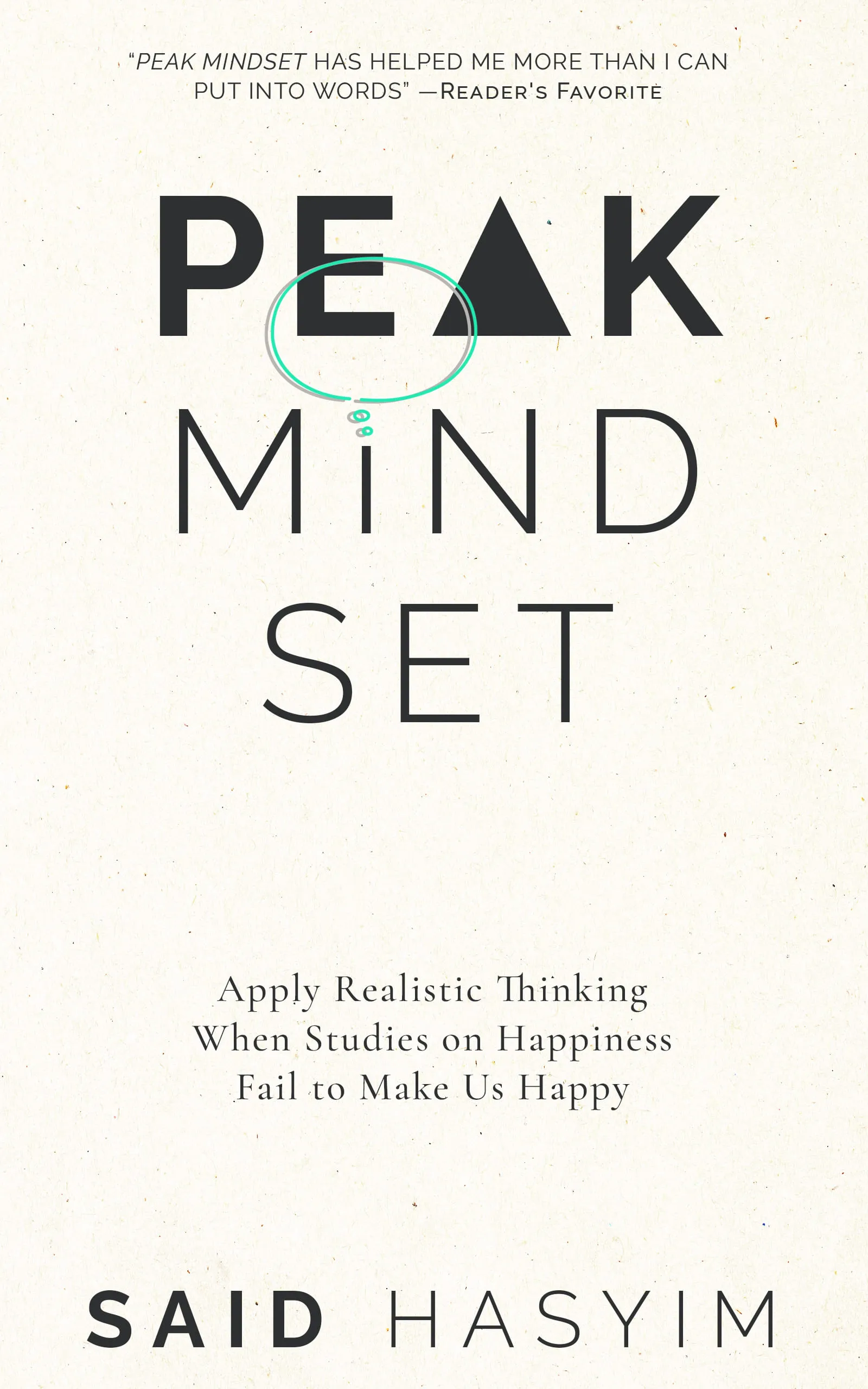The Impact of Realistic Thinking on Wellbeing
In an increasingly complex world filled with challenges and uncertainties, the importance of thought processes that promote psychological health cannot be overstated. One such cognitive approach that has garnered attention in psychology and self-help circles is realistic thinking. This blog post delves into the nuances of realistic thinking, its role in enhancing wellbeing, and practical strategies for fostering this mindset in daily life.
What is Realistic Thinking?
Realistic thinking refers to the ability to perceive situations, events, and possibilities as they truly are, without distortion from overly optimistic or pessimistic biases. It involves a balanced evaluation of facts and data, an objective assessment of challenges, and an acknowledgment of both potential setbacks and opportunities.
Characteristics of Realistic Thinking
Fact-based Evaluation: Realistic thinkers focus on facts and evidence rather than conjecture or wishful thinking. They analyze data, research, and observable outcomes to inform their decisions.
Acknowledgment of Strengths and Weaknesses: This type of thinking encourages individuals to accept their capabilities and limitations. This helps avoid the traps of overconfidence and self-doubt.
Open-mindedness: Realistic thinkers are willing to entertain multiple perspectives, allowing them to adapt their beliefs and attitudes in response to new experiences or information.
Problem-solving Orientation: Rather than ruminating on what may go wrong, realistic thinkers focus on identifying actionable solutions to the challenges they face.
The Link Between Realistic Thinking and Wellbeing
Reduced Anxiety and Stress
One of the most significant impacts of realistic thinking on wellbeing is its ability to reduce anxiety and stress. When individuals adopt a realistic perspective, they are less likely to engage in catastrophic thinking—imagining the worst possible outcomes. By focusing on what is likely rather than what is feared, people can mitigate feelings of helplessness and uncertainty.
Moreover, realistic thinkers are more adept at managing expectations. By setting achievable goals and understanding potential hurdles, they lessen the emotional toll associated with unmet expectations.
Enhanced Resilience
Resilience is the ability to bounce back from adversity. Realistic thinking fosters resilience by encouraging individuals to confront challenges head-on and develop adaptive coping strategies. Instead of succumbing to defeatism when faced with obstacles, realistic thinkers are more likely to analyze the situation, learn from it, and adjust their approach accordingly.
Improved Decision-Making
Wellbeing is heavily influenced by the choices we make, and realistic thinking plays a vital role in decision-making processes. By objectively assessing risks and benefits, individuals can make more informed choices that align with their values and long-term goals. This leads to greater satisfaction in life, as decisions are made on a solid foundation of understanding rather than impulse or fear.
Stronger Relationships
Interpersonal relationships thrive on clear communication, honesty, and trust. Realistic thinking promotes these essential qualities by encouraging individuals to express their thoughts and feelings candidly. By being honest about their needs and limitations, realistic thinkers foster deeper, more meaningful connections, thus enhancing their social support network—an essential component of overall wellbeing.
Cultivating Realistic Thinking
Developing a realistic mindset is not an overnight transformation but a gradual process. Here are some practical strategies to cultivate realistic thinking in your everyday life:
1. Self-reflection and Journaling
Take time to reflect on your thoughts, feelings, and behaviors. Journaling can help individuals identify patterns of thinking that may be overly negative or positive. By reviewing and analyzing these patterns, you can start to reframe your thoughts into more balanced perspectives.
2. Seek Feedback
Feedback from trusted friends, family, or colleagues can provide valuable insight into how your perceptions may differ from reality. Embracing constructive criticism is vital in honing your realistic thinking skills.
3. Educate Yourself
Knowledge is a powerful tool in developing realistic thinking. Gather information about the issues you're facing and stay informed about current events, scientific advancements, and various perspectives. The more informed you are, the more realistic your assessments will be.
4. Practice Mindfulness
Mindfulness practices, such as meditation or deep-breathing exercises, can help you become more aware of your thoughts and feelings. By observing your thoughts without judgment, you can gain clarity and detachment from irrational fears or overly positive illusions.
5. Set Smart Goals
Adopting the SMART criteria—Specific, Measurable, Achievable, Relevant, Time-bound—can assist in setting realistic goals. This structure encourages a practical approach to goal-setting that aligns with your abilities and limitations.
Conclusion
Realistic thinking is not about abandoning hope or positivity; rather, it cultivates a balanced view that fosters resilience, reduces stress, and ultimately enhances overall wellbeing. By acknowledging both the positive and negative aspects of situations, individuals can navigate the complexities of life with greater clarity and confidence. Embracing this mindset opens doors to personal growth, improved decision-making, and stronger relationships, all of which contribute significantly to one's emotional and mental health.
It is essential to remember that cultivating realistic thinking is an ongoing journey, one that requires patience, practice, and an openness to learning. By committing to this journey, we can experience a profound transformation in our lives—leading to greater wellbeing and fulfillment.
Leverage Your Mindset for a Fulfilling Life
Explore Peak Mindset, a book to leveraging your subconscious for a more fulfilling life. Gain insights into realistic thinking, money management, and stress resilience to make informed decisions. Discover pitfalls in conventional happiness advice and practical strategies for self-transformation. Unlock your potential and enhance your overall satisfaction.
